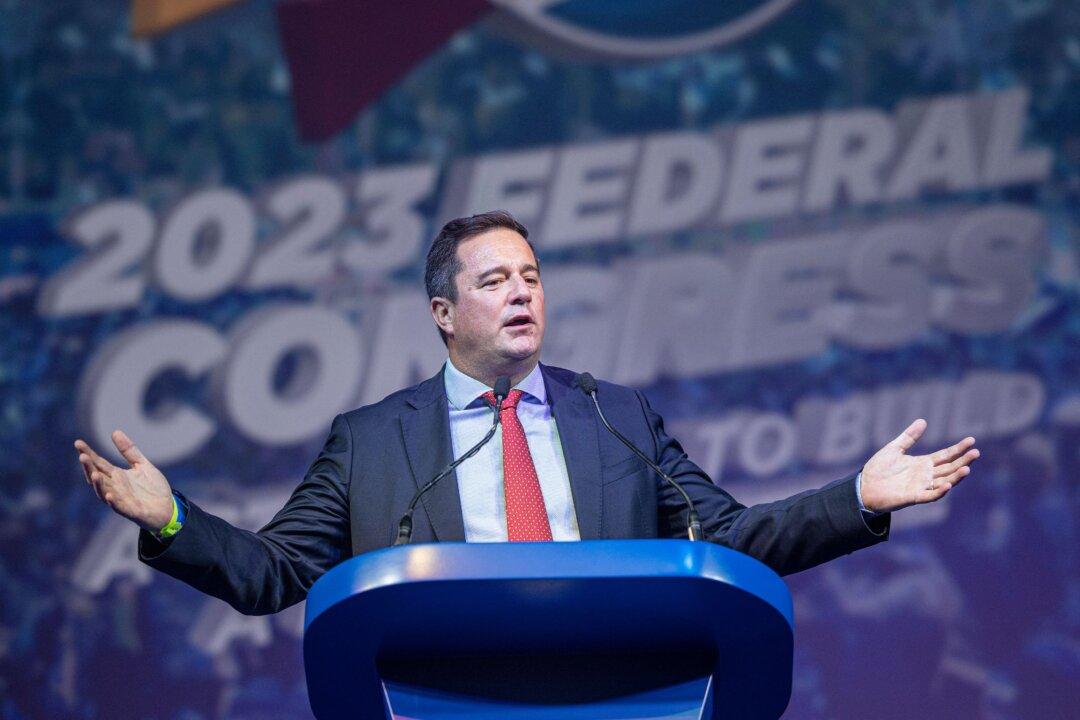JOHANNESBURG—South Africa’s governing African National Congress (ANC), which has been in power for almost 30 years, but is reeling amid corruption scandals, economic mismanagement, poor delivery of services, and violent crime, faces defeat in an election that’s tentatively scheduled for May 2024, a poll indicates.
South Africa is “more likely than ever to have a coalition government” following next year’s elections and the ANC might possibly be ousted by a recently formed group of seven opposition parties, according to a poll by the Brenthurst Foundation, one of the country’s most influential think tanks.





